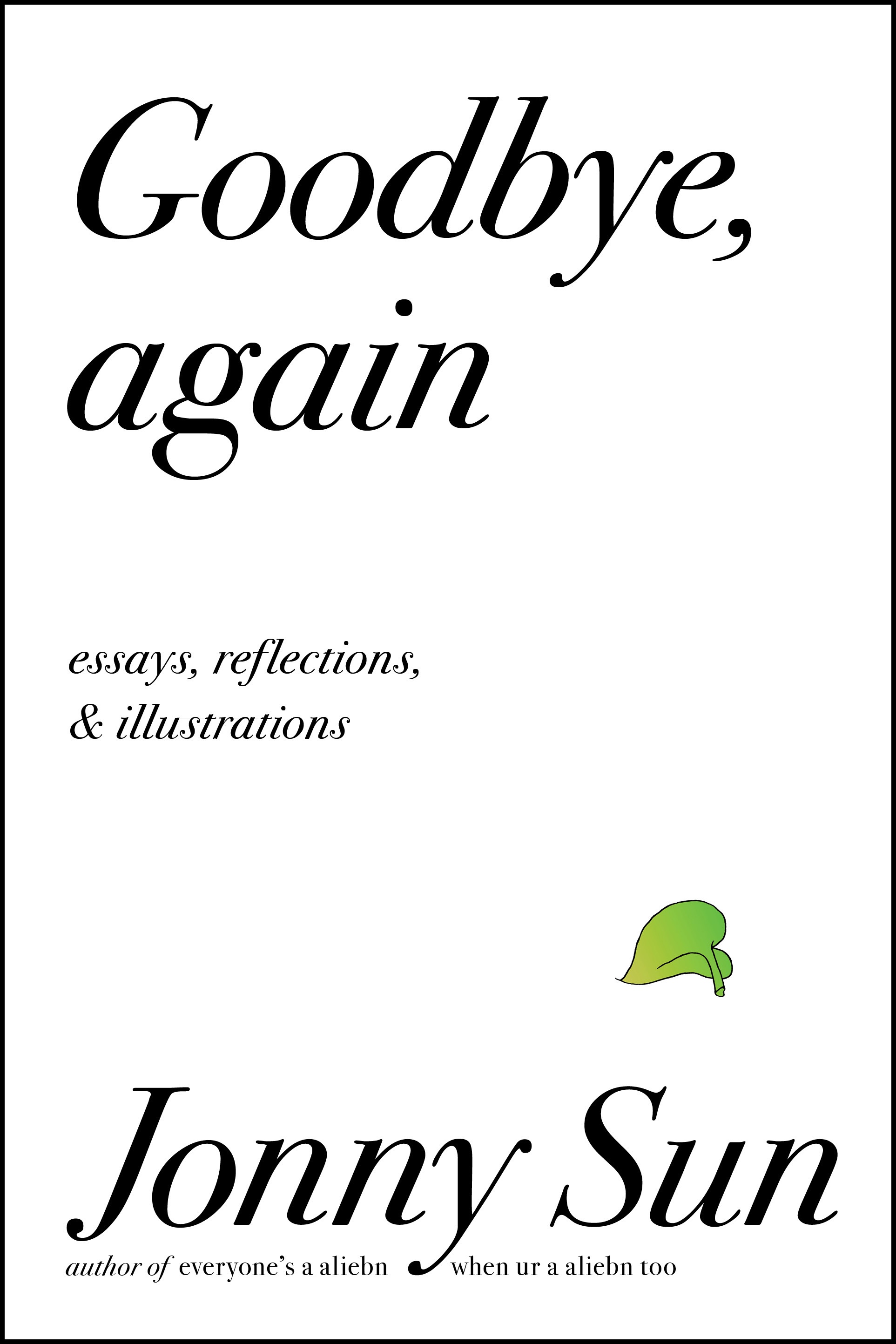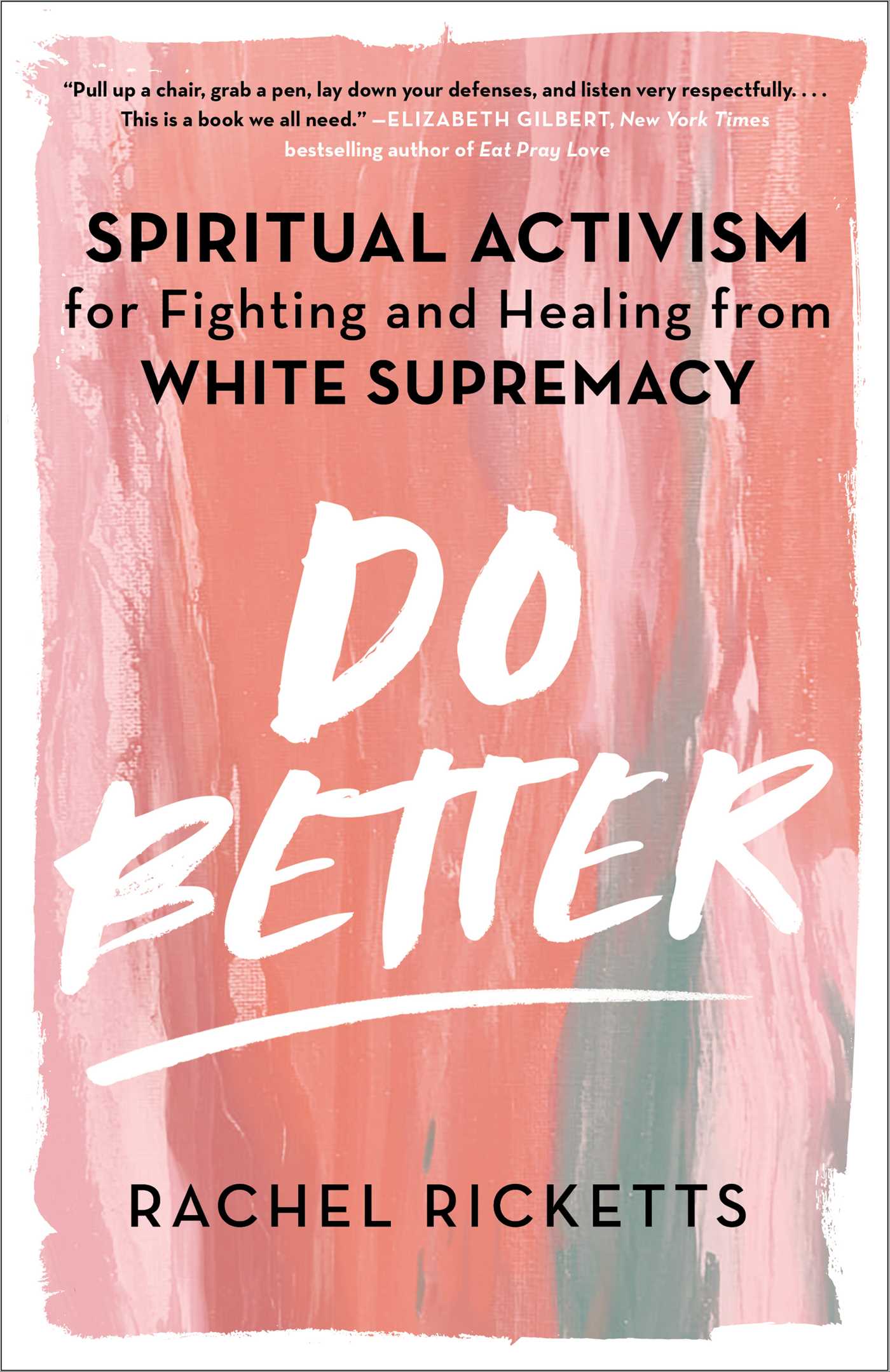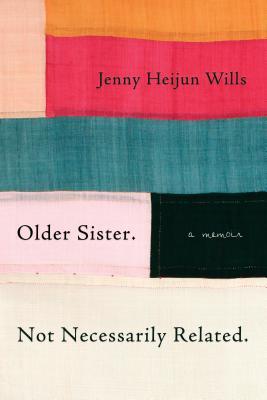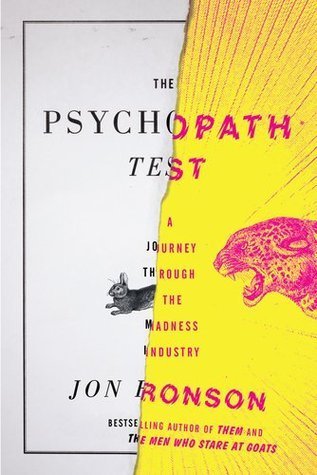Books I Read in May 2021
In May I read four memoir-ish books: Goodbye, Again by Jonny Sun, Do Better by Rachel Ricketts, Older Sister, Not Necessarily Related by Jenny Heijun Wills, and The Psychopath Test by Jon Ronson.
These reviews were originally posted on Goodreads.
Goodbye, Again: Essays, Reflections, and Illustrations by Jonny Sun

This is a wonderful book. It’s a collection of tiny essays, some just a paragraph or two, and drawings by the author. It’s about anxiety, love, work, achievement, houseplants, family, drawing and music.
It’s worth buying for the chapter about how to cook an egg alone, at least if you like eggs. Other highlights include the essay about how the author’s parents approach eating at restaurants (slowly) versus how the author and his friends do (efficiently), and a pair of essays about how to respond to visits from happiness and from sadness.
I like this book because the author is a lot like me, in that he is very achievement oriented and doesn’t really know what he’s good for unless it’s doing things, to the extend that even his leisure looks a lot like work. Also like me, he’s anxious and overthinks things, and struggles with emotions.
But I also like the book because the author is not like me. I don’t have houseplants, for one thing, and I don’t draw (although I would like to). I’m a lot more confident about my friendships — but then I’m also a lot older. I haven’t lived in many different places as an adult, so I can’t relate to the feelings of leaving and coming back that he describes.
So this book was a nice combination of things that I relate to and am grateful to the author for expressing so beautifully, and things that are outside my experience but which I now understand better.
Do Better: Spiritual Activism for Fighting and Healing from White Supremacy by Rachel Ricketts

I had trouble reviewing this book. For the first few chapters, I flagged lots of pages and quotes to refer to later, but as I went through the book I found less and less to make note of. There is plenty in this book that’s valuable, but it didn’t really land for me for various reasons.
I’m going to punt, and direct you to a review by another Goodreads member that is thoughtful and reflects my experience.
I’m looking forward to reading So You Want to Talk About Race by Ijeoma Oluo, another book in the same area. And I have been following the work of Michelle Nicole, who offers courses and workshops on racial justice. I suspect, actually, that taking a course would be more effective than reading a book to make this kind of change. Anyway, there are plenty of other avenues to explore if this book doesn’t hit.
Older Sister. Not Necessarily Related.: A Memoir by Jenny Heijun Wills

Older Sister. Not Necessarily Related. is about a lot of things.
It’s about the devastation wrought by thoughtless inter-national adoption, and the arrogance of thinking you can take a person and insert them into a new culture without acknowledging their roots.
It’s about family. It’s a lot about family, and the many ways family can be awful even as they define you and root you in who you are, and aren’t. It’s about sisters, of course, and mothers.
It’s about mistaken identity — Wills is mistaken for Korean by Americans in Korea and by Koreans in Canada, and for Chinese by other tourists. She is seldom seen for what she is.
This book is intense. Lots awful things have happened to Jenny Heijun Wills, way more than her share. But weirdly, the book is not difficult to read, because Wills’s writing is clear and beautiful, and she places her experiences into context and makes sense of them — not to make the reader more comfortable, but because she is profoundly thoughtful and she’s gotten to a place of understanding herself.
On a personal note, this book was a salutary counterpoint to all the heavily filtered Instagram Seoul content I normally see. Apparently their mosquitos are awful — and this is coming from someone who lives in Winnipeg?! Also Wills takes a Korean language class and describes the other learners as “hobbyists, Orientalists,” which… ouch. I hope I’m not the latter, but I’m undeniably the former.
The Psychopath Test: A Journey Through the Madness Industry by Jon Ronson

I really enjoyed this book. It was more memoir than I expected, as much about the author’s experience researching the book as about the subject itself.
The subject was a surprise, too. It’s about the literal psychopath test, the checklist which psychiatrists (and others) use to identify psychopaths. But it’s also about how the challenge of diagnosis has limited and defined what we call mental illness. And about how normal actions and responses can start to seem diagnostically significant once you know “what to look for”. About the difference between sanity and madness, and how it’s not a line so much as a wide grey area.
And about how journalism has been looking for madness all along — how we, the audience, enjoy and exploit madness, up to a point, and where that point is. (It’s in that grey area.)
Finally, this is yet another book that denounces the police, in this case with the story of Colin Stagg. He was entrapped by police using a psychiatric playbook, and charged with a murder he didn’t commit, because again (as in 28 Seconds) the police were more motivated to obtain a conviction than to investigate the facts of the matter.